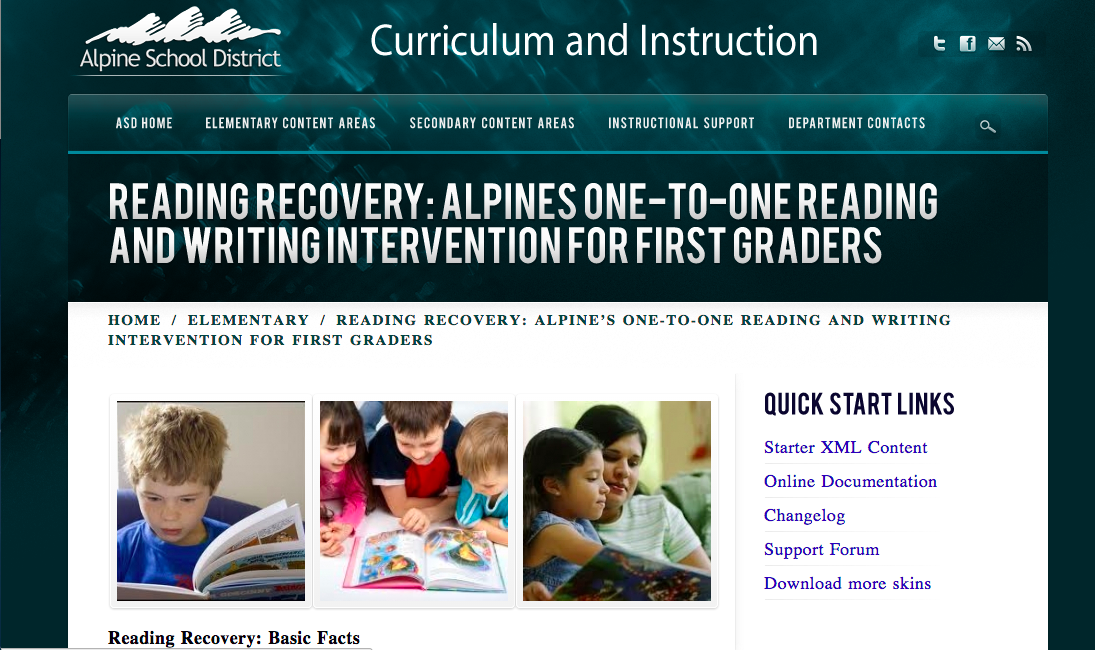Capital West News
By Caleb Larkin
SALT LAKE CITY — A House committee has now passed a bill many see as a first step to greater support for dyslexic students in Utah schools. The bill has already passed the Utah Senate.
The Mar. 4 House Education Committee voted unanimously to recommend SB117—which creates a pilot program for early detection of reading disabilities in children— for consideration on the House floor.
Bill sponsor, Sen. Aaron Osmond, R-South Jordan, explained that early intervention helps children diagnosed with a learning disability. Intervention at an earlier age can reduce treatment costs and increase the likelihood of improved student capabilities.

“We have a growing problem of special education students in Utah,” Osmond said. “We often have a wait to fail system, where we don’t find out about a disability until the student is in third or fourth grade.”
Karee Atkinson, president of Decoding Dyslexia Utah, told the committee, “A bad reader in first grade has 74 percent chance of being a bad reader in ninth grade. A bad reader in third grade goes up to a 90 percent chance of being a bad reader in ninth grade. There is no reason to wait.”
Atkinson represents parents with children who have dyslexia. A survey from that group reported that 75 percent of the students were denied Individualized Education Programs because the students are not performing quite poorly enough.
“This is the first step to get recognition of dyslexia,” said Amy Sandgren, a mother of a dyslexic child and first grade teacher. “I support [the bill] as an educator and a mother. We as teachers need a lot of training on how to help students with dyslexia and this is just the first step to that help.”
Rep. Francis Gibson, R-Mapleton, also supported the bill. Gibson has one son who struggles in reading and he has not found an answer to get him the help he needs. “We have dropped the ball on the subject in a big way,” he said. “We’re desperate. We need to put resources [into this pilot program].”
Utah is sixth in the nation in number of students with an identified and diagnosed learning disability. “A significant portion of these students with a learning disability are dyslexic,” said Osmond.
According to Sandgren, “The only opposition is the price tag on it. But it just costs more and more as they get older. It also costs children their confidence and you can’t put a price tag on that.”




